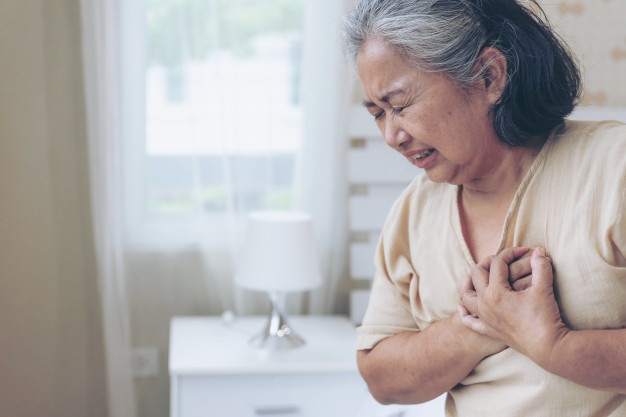
When an inadvertent act causes a risk of harm to an elderly person, it is called Elder Abuse. Older adults can be maltreated by having detrimental things done or said to them or by withholding necessary things from them. Abuse usually becomes more frequent and intense over time. The abuse often occurs at the hands of a caregiver or someone the elder trusts. The abusers are mostly family members such as spouse or partner, children, grandchildren. The abuse can occur in the senior’s place of residence or institutionalized facilities like senior homes.
The older adults become more physically weak as they grow older. They may have to depend on others to take care of them. Even when they are abused, they are not able to resist or fight back.
COMMON TYPES OF ELDER ABUSE
They include:
PHYSICAL ABUSE
This occurs when a deliberate use of physical force such as slapping, kicking or hitting is inflicted on an elderly. This in most cases ends in injuries, illness, distress, pain, functional impairment or death.
SEXUAL ABUSE
This occurs when there is forced or undesirable sexual interaction of any kind with an older adult. It may include unpleasant sexual contact or non-contact acts such as sexual harassment.
PSYCHOLOGICAL ABUSE Treating an elderly person in ways that cause distress, fear, mental pain or anguish pain or distress. It can be a form of verbal and non-verbal threats, humiliation, yelling at an elder, or isolating an elder from friends or activities.
FINANCIAL ABUSE
This occurs when money, belongings, or property of an elder is used illegally, or in an improper way for the benefit of someone else other than the older adult.
ELDER NEGLECT
This is the failure to meet an elderly person’s basic needs. Needs such as food, water, shelter, clothing, hygiene, and essential medical care. It can be intentional or unintentional, depending on the claim of the one involved.
SIGNS AND SYMPTOMS OF ELDER ABUSE
They include:
-
Poor hygiene
-
Malnutrition
-
Loss of weight
-
Lack of concentration
-
Self isolation
-
Frequent loss of money or belongings
-
Symptoms of depression and anxiety
-
Injuries such as fractures, bruises, cuts
COMPLICATIONS
A lot of complications can arise from elderly abuse. Abuse can have several physical and psychological consequences on an older adult. Many victims suffer physical injuries. Some are minor, like cuts, scratches and bruises. Others are more grave and can lead to physical and mental disabilities. These include head injuries, broken bones, constant physical pain, and soreness. These physical injuries can also be fatal. and worsen already existing poor health conditions.
Elder abuse can have psychological effects as well. Victims are often frightened and disturbed. They may have problems with trust and become too cautious of danger when they are around others.
WANT TO PREVENT ELDER ABUSE?
There are several important things we can do to prevent elder abuse even before it starts. Consider the following :
– Listen to the elderly and their caregivers to understand their needs and challenges and provide support.
– Report abuse or suspected abuse to the authorized institutions.
– Educate yourself and others on how to recognize and report elder abuse.
– Learn how the signs and symptoms of elder abuse differ from the normal aging process.
– Frequently check on your elderly loved ones who may have few friends and family members.
– Provide overwhelming caregivers with support such as help from family and friends.
– Encourage and assist persons —either caregivers or older adults having problems with drug or alcohol abuse to get help.
CONCLUSION
Aging comes with many challenges. The loss of independence is one likely part of the process. As the elderly ones would have to depend on others for almost everything, they face a lot of challenges from discrimination to neglect and abuse.
Elder abuse is a serious problem in the world today. Many cases are not reported because elders are scared or unable to tell police, friends, or family about the abuse. Victims often have to decide whether to tell someone they are being harmed or continue being abused by someone they depend upon or care for deeply. Family and friends should show more love, care and support to their loved ones. As this will help to boost their confidence to report any case of abuse. This will greatly help to curb the psychological and physical impacts that come with elder abuse.

